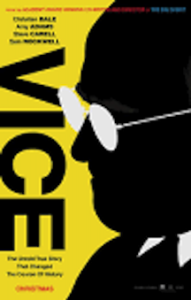China Lockdown: A Conspiracy Theory?

China has ordered an indefinite lockdown of the city of Yiwu, the world’s largest wholesale shipping hub. The reason: an “outbreak” of COVID-19. Between Aug. 2 and 9, 135 cases were reported. The government called that serious.
But hold on… These were cases of the Omicron variant, the much-less-lethal variant that nobody in the west much cares about anymore. And that’s 135 cases out of a population of 1.8 million.
This will result in more disruptions to global trade and supply chains – including those affecting the US. And for what? Certainly not to prevent the spread of a virus that we know cannot be prevented and, in its current emanation, is not particularly lethal. So, why? Am I a conspiracy nut or could this be the first of the promised retaliations promised by the CCP after Pelosi’s visit to Taiwan?
Click here for more about the lockdown.
Quick, Easy, and Scary

Amazon is rolling out its 2020 “one palm” scanner technology at 65 Whole Foods stores in California. It will, the company says, make paying for goods faster and easier. It works like this: Users visit a kiosk or a point-of-sale station at participating locations to link their palm and payment card to the service. Then all they have to do during checkout is hover their hand over a scanner to complete the transaction.
Add this to retina recognition and fingerprint technology (widely used today at airports) and the eventual implementation of a digital dollar, and you have near-perfect state-controlled surveillance on every US resident.
Click here for the latest on this new technology.




